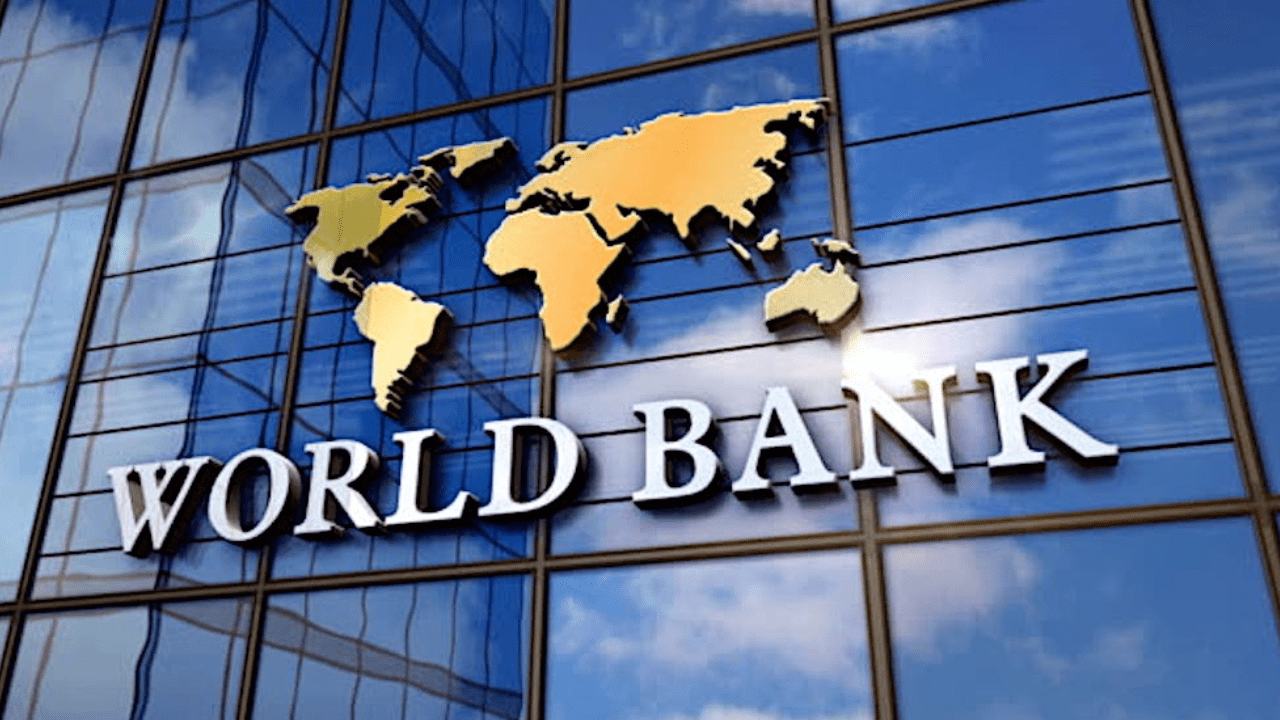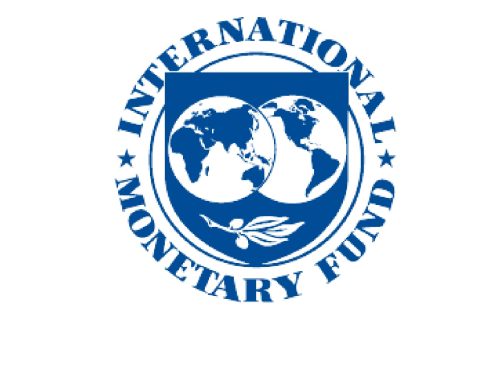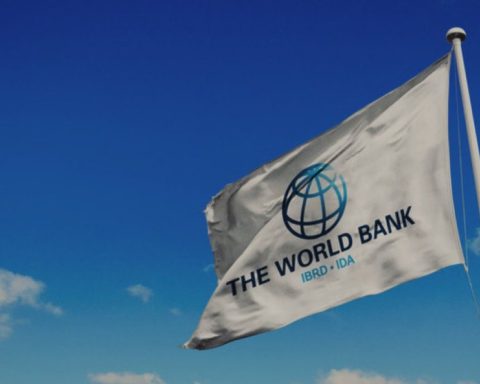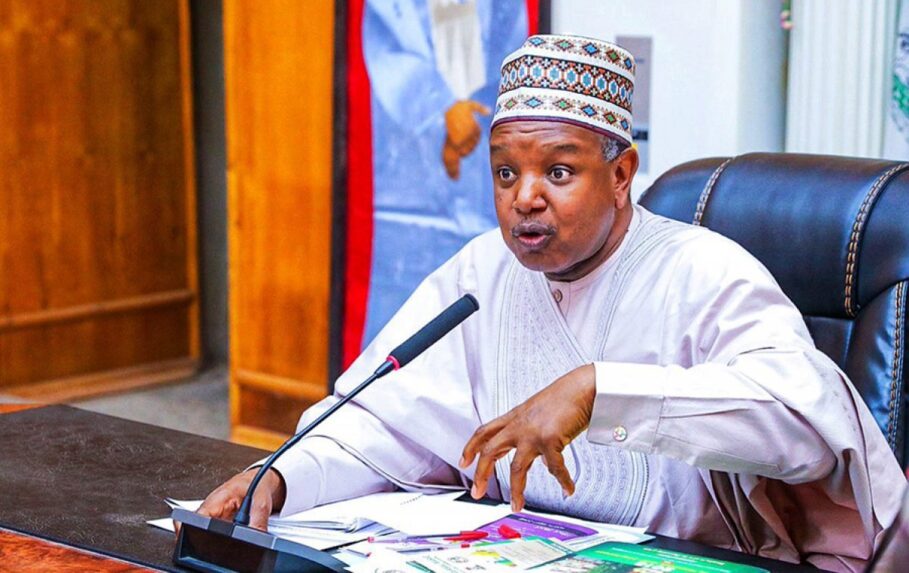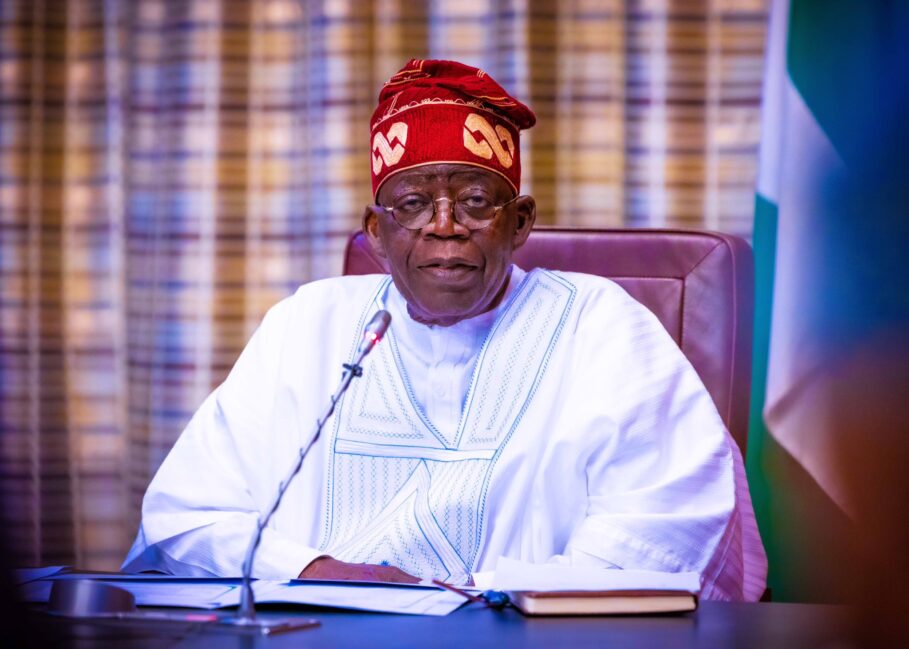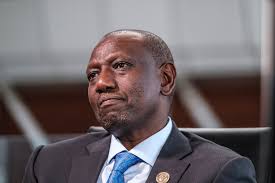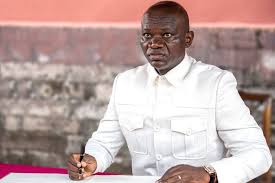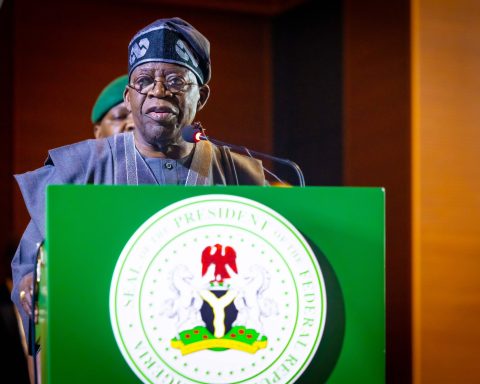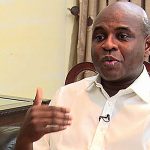The Ambassador of Senegal to China, Ibrahima Sory Sylla, has criticized the World Bank and International Monetary Fund (IMF) for their stringent lending policies against countries in Africa.
Ambassador Sylla’s critique at Peking University comes as a fresh perspective in the ongoing debate over African debt sustainability.
Join our WhatsApp ChannelSpeaking before an international audience, Ambassador Sylla expressed his frustration with the standard credit rating practices used to evaluate the creditworthiness of African countries.
He said: “The problem is that the ratings we are making for the African [countries] should be different,” highlighting a critical disconnect between the international financial community’s methodologies and the unique economic circumstances in Africa.
Sylla pointed out that rating agencies like Fitch and Standard and Poor’s do not adequately consider local factors such as food security. Nevertheless, these ratings serve as the bedrock upon which the IMF and World Bank base their assessments of economic sustainability.
“What we can understand is that so many [multilateral development banks] through the G20 [debt] suspension initiative, they said you have to go through this initiative, but when you [do so], they suddenly decided to downgrade your risk.”
Sylla further noted the glaring double standard that afflicts African nations, saying, “Most of the developed countries, the Western countries, they can go beyond 200% of the ratio between the debt and the GDP. Their rating is not downgraded.”
Adding another perspective to the debate, Jang Ping Thia, the lead economist at the Asian Infrastructure Investment Bank, remarked, “My sincere belief is that IMF officials, World Bank officials, are sincere in their belief that their debt sustainability framework works and works for the greater good. Many times, the IMF chief at the desk tries their best to stretch the envelope for the country.”
The issue of unsustainable debts is of significant concern to many African nations. In years, a slew of African countries have been grappling with debt crises, prompting them to raise taxes and reduce subsidies. Last year, Ghana defaulted on its debt obligations, and Kenya faces the daunting task of repaying its $2 billion Euro bonds in 2024.
According to a report from the IMF, Sub-Saharan Africa’s debt-to-GDP ratio has surged by 60% over the last decade, with the potential for an additional 10% increase by 2028 if the current trend persists.
Ambassador Sylla’s critique adds a fresh perspective to the ongoing discourse, highlighting the need for a more tailored and equitable approach to evaluating African nations’ creditworthiness in the global economic landscape.
As African countries continue to grapple with their debt burdens, the conversation surrounding lending practices and debt sustainability is more pertinent than ever.


